From olives to olive oil in Greece and fique to handbags in Colombia, the process of how things are made fascinates me to no end.
As a chocolate lover, I’ve always wanted to tour a cocoa plantation and Saint Lucia was a perfect opportunity to do just that. After an incredible chocolate-laced lunch in the restaurant of Hotel Chocolat on the Rabot Estate (which is on the West coast of the island near the village of Soufrière), we found out they run a “Tree to Bar” tour.
And so the next day we went back and joined a group of about three or four other couples to learn a bit about the process by which my favourite treat is created.
Under the shade of a tree, we gathered around our guide. The estate is full of volcanic soil and rainforest water which, combined with the high altitude, creates an ideal growing condition for the cocoa trees. He talked about the different types of beans and told us that well over 100 other local growers also contribute to the chocolate that they produce through a partner program.
Hotel Chocolat (a British company) bought the estate in 2006. At the moment, the cocoa is grown and harvested and the beans fermented, dried and sorted here in Saint Lucia, but the chocolate production is actually done in the UK.
They are working on building a factory on site which is meant to be completed in the next few years. This will make use of additional local labour and ingredients which is a wonderful initiative in an economy that can quite obviously use as many jobs as can be created.
After our initial introduction, we took a slow walk along the main path. We were shown cocoa trees with pods in various stages of growth from the tiny green ones to the larger yellow ones that ready to pick.
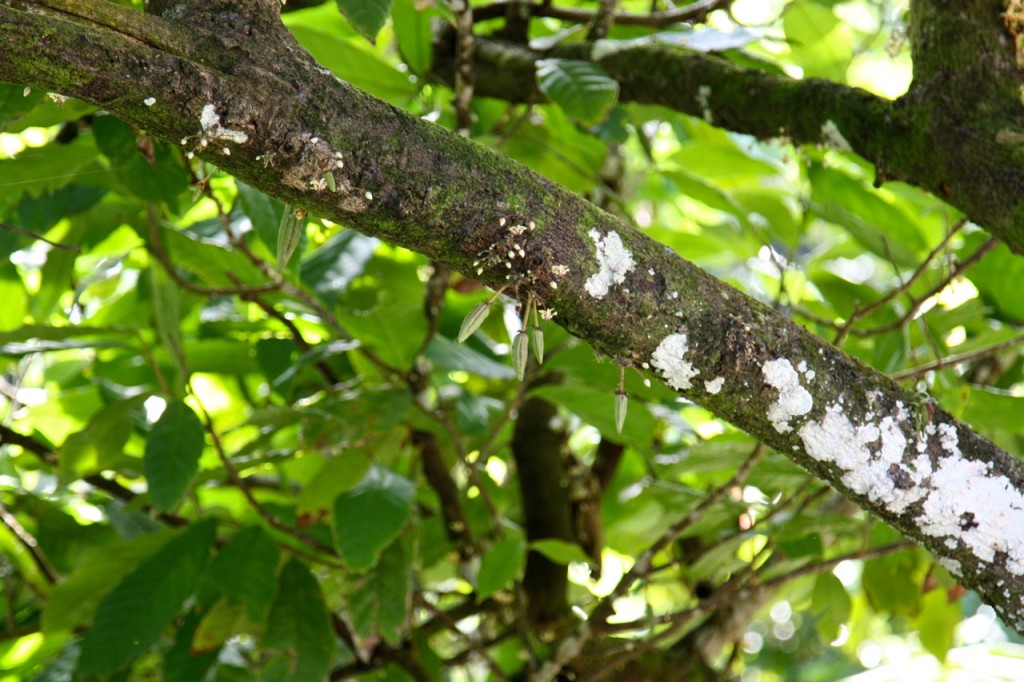 Photo: These tiny green pods have just started to grow
Photo: These tiny green pods have just started to grow
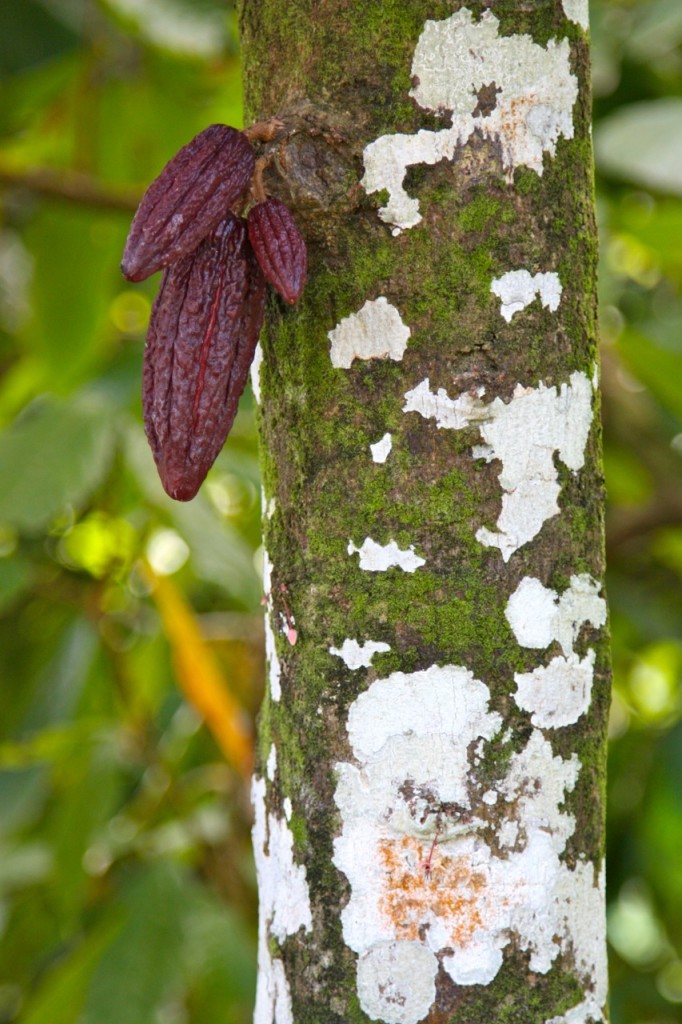 Photo: These pods are maturing but not ready to pick
Photo: These pods are maturing but not ready to pick
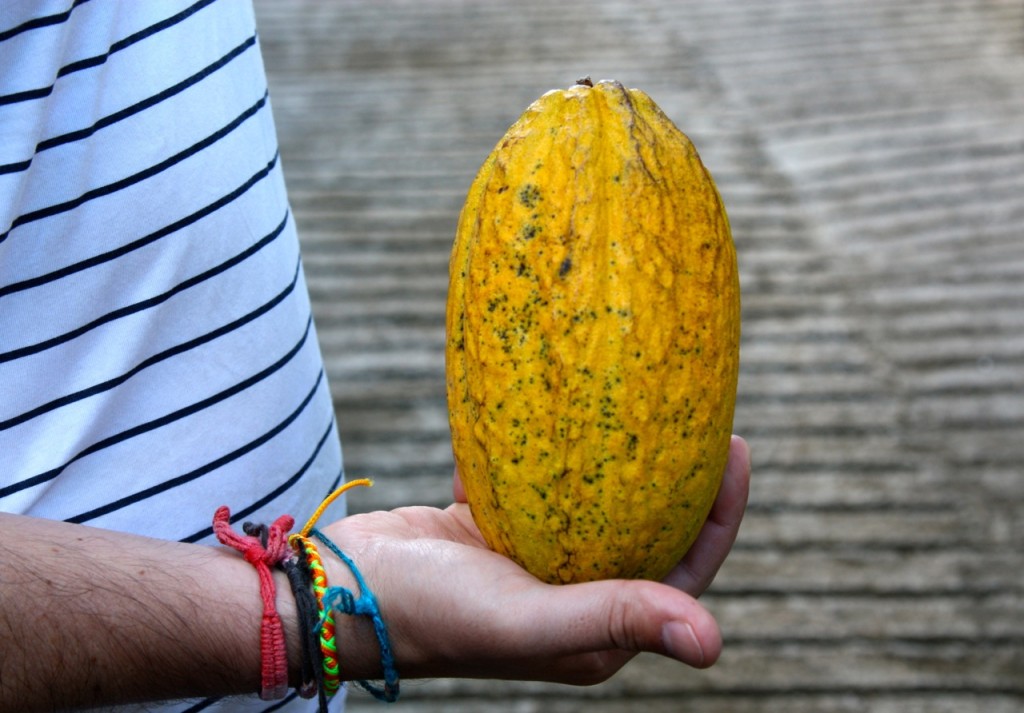 Photo: A yellow cocoa pod means it’s ready to harvest
Photo: A yellow cocoa pod means it’s ready to harvest
We learned that if, for whatever reason, you don’t have a knife to cut the pods from the tree, you should twist them off rather than pull or bend or you risk damaging the tree. Who knows when that will come in handy, but one to file away for future reference.
The trees need both sun and shade to survive, so the estate grows just about every type of fruit you can imagine, from mangoes to bananas to local favourite soursop. These plants help provide a bit of cover for the cocoa and, of course, produce their own fruit which is used in all sorts of fresh juices and cocktails in the restaurant on site.
Further down the estate we came to a covered area where there were wooden containers built along the sides. Our group had picked a fresh yellow pod off of a tree a few minutes earlier. Now we were shown how to open it with a knife, what it looks like inside (which was described to us as an “alien brain”) and then each of us had a taste of the fruit around one of the seeds.
Next we made our way down to the greenhouses where the seedlings are nurtured before they are planted into the ground. We saw examples at various stages.
All of the plants have signs that indicate the type and a date as well as some other information that helps the team take the seedlings through the process of becoming full blown, cocoa pod producing trees on the estate.
We weren’t in there for very long, but it was baking hot on a day that was already about 30C/86F, so I was happy for the fresh air in between the green houses.
In the last one we went into, we were then given a demonstration on how grafting is done and had the opportunity to graft a cocoa seedling ourselves.
The hands on bit was the best part and we were given white plastic rings with our names on them to put around the seedlings we grafted. If we ever return to the estate, we’ll be able to check on our plants and see how well they’ve grown over the years.
We weren’t allowed to touch the knife, so our job was mainly just placing the cut piece into a slit at the top of the rooted plant wrapping the tape.
Some of the group went on for the longer tour in which they made their own bar of chocolate, but we had other plans so we took the shorter version that ended here.
And it comes full circle to London’s Borough Market, where I took photos the weekend before we left for Saint Lucia no knowing that the chocolate shop I wandered through sells only the cocoa products that come from the exact same estate we toured in Saint Lucia.
It’s a small world, no?

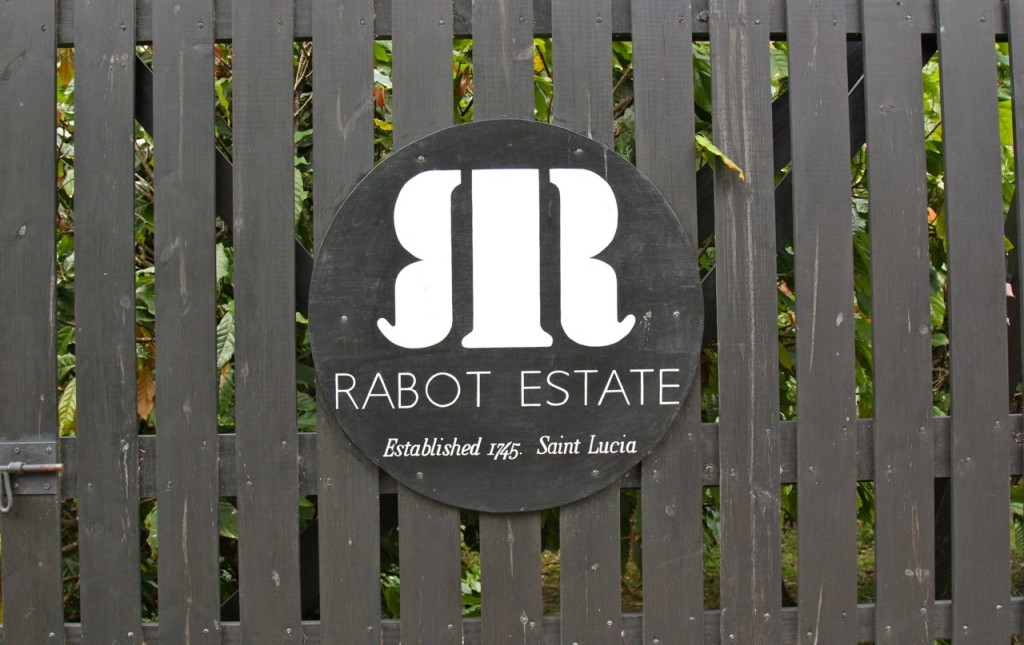
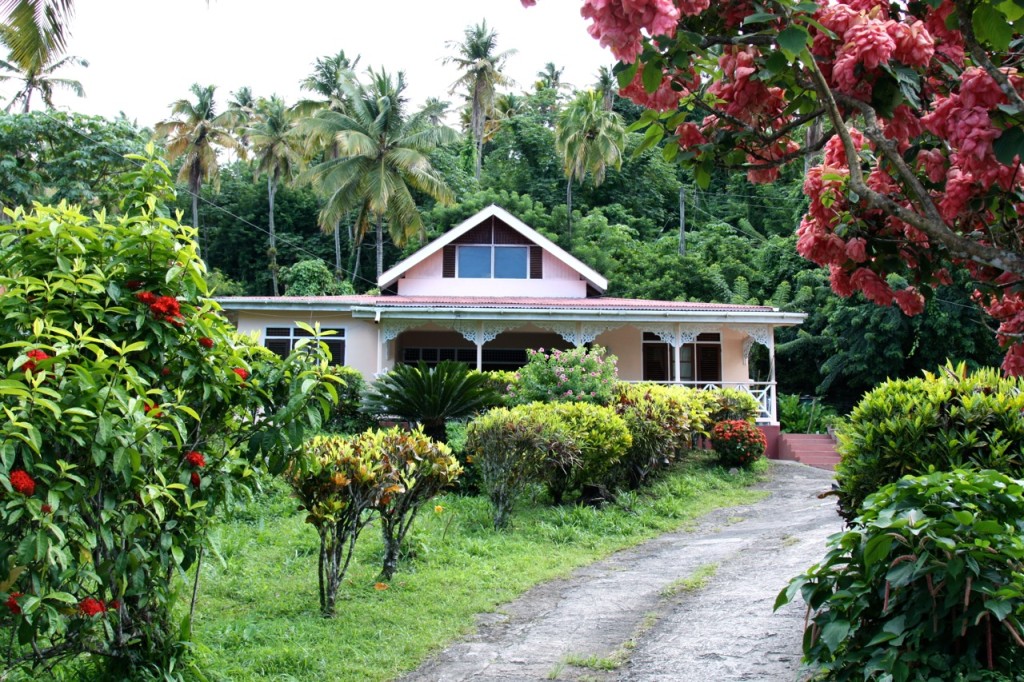
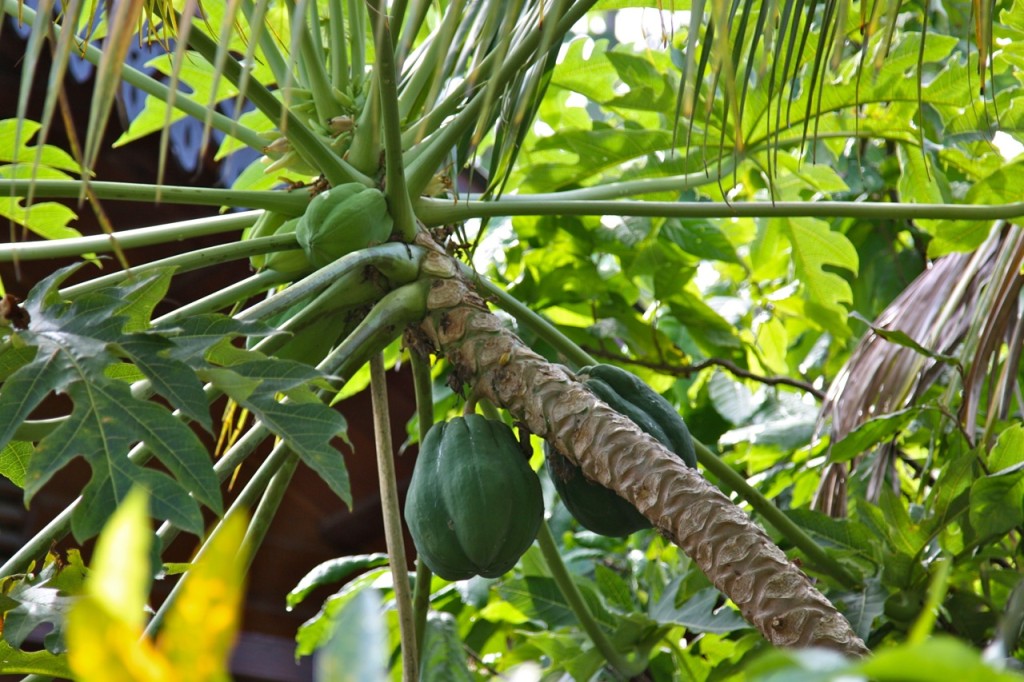
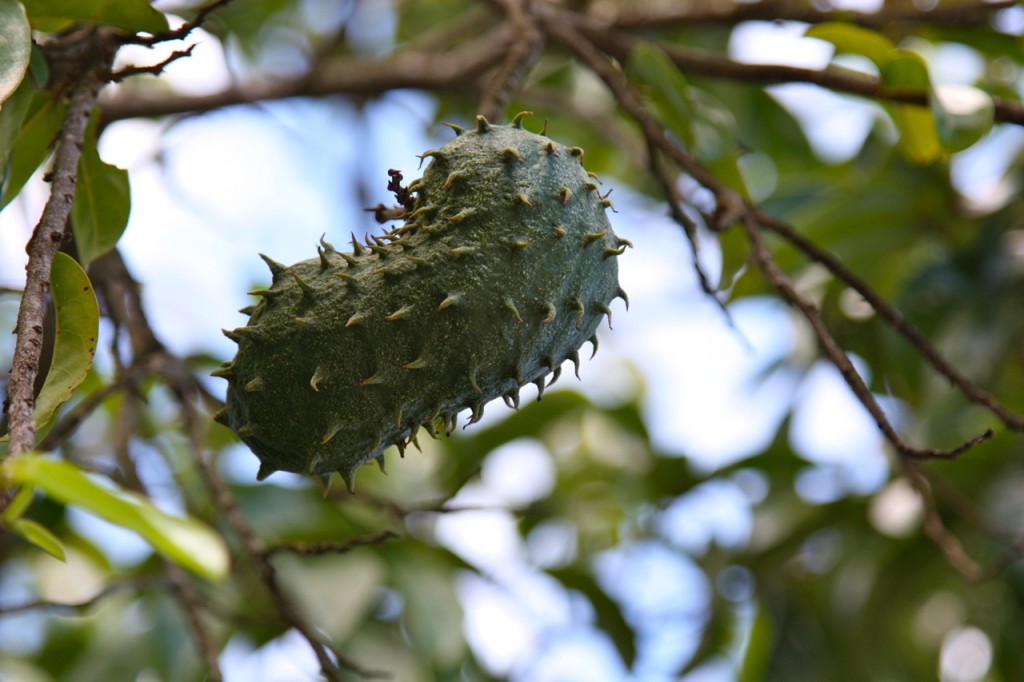
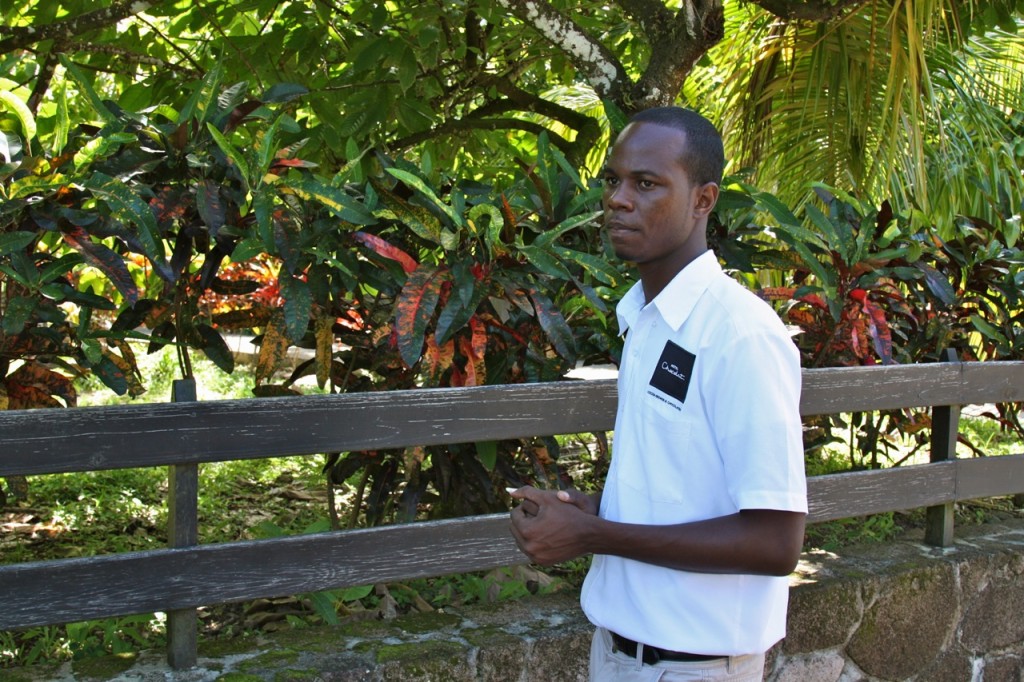
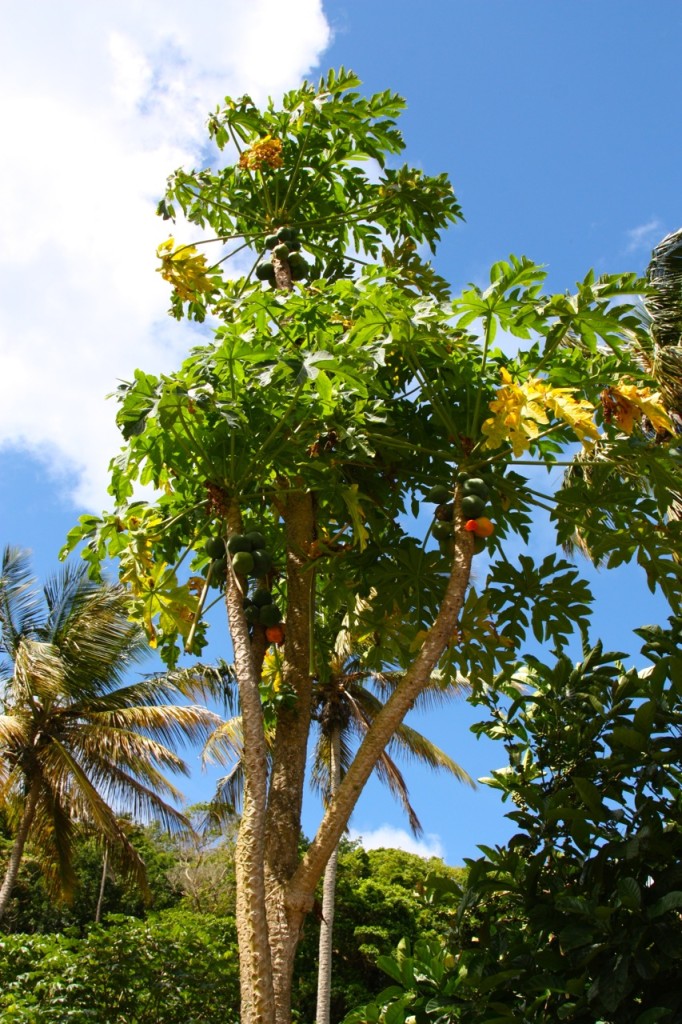
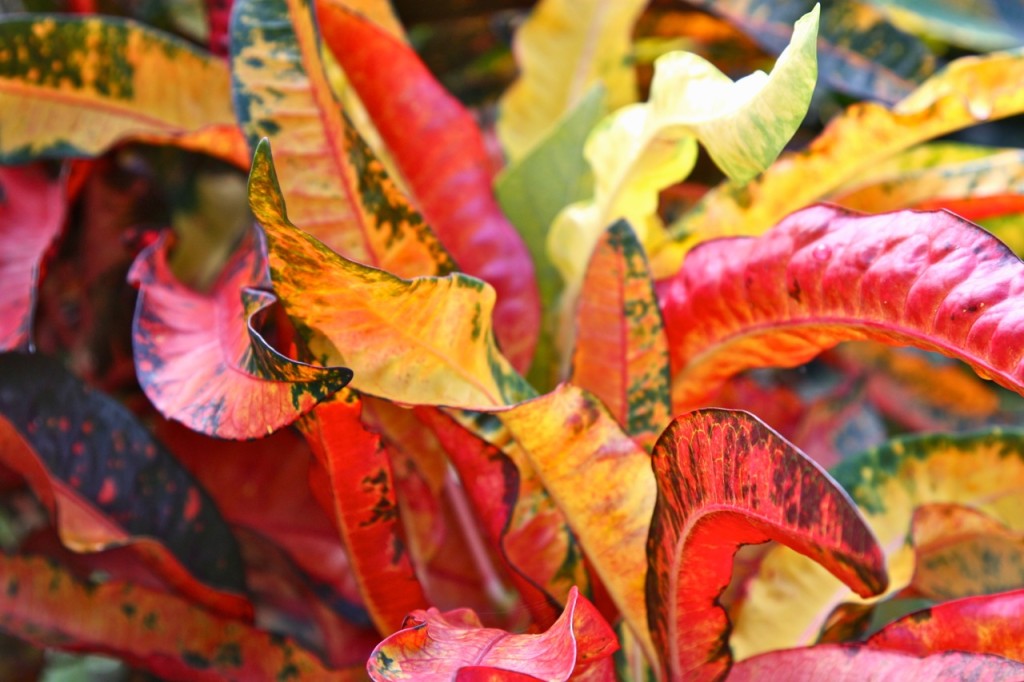
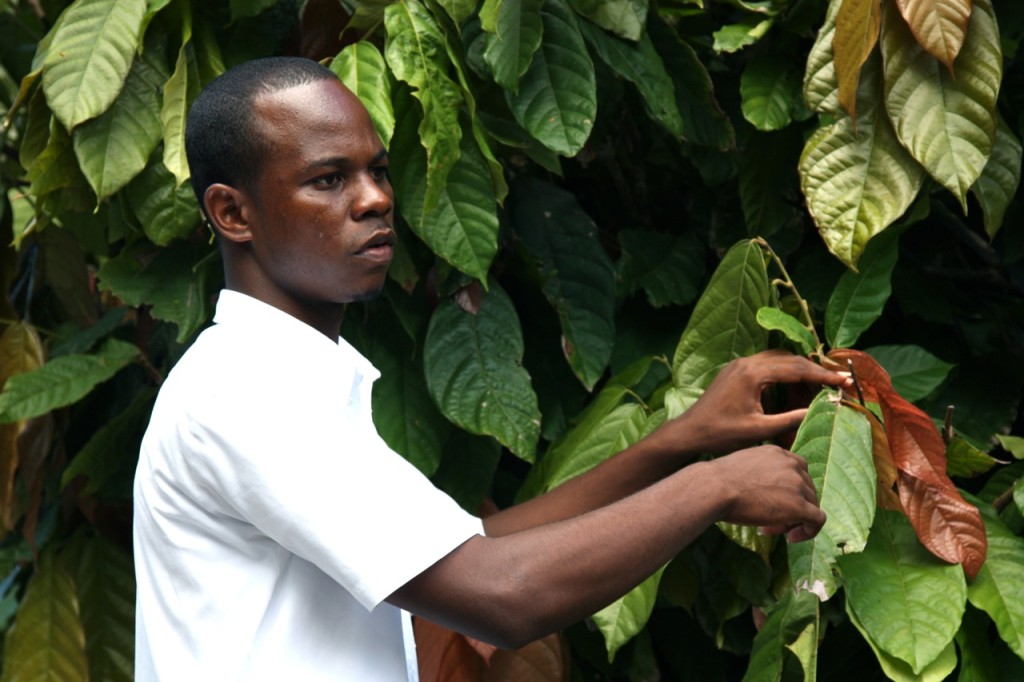
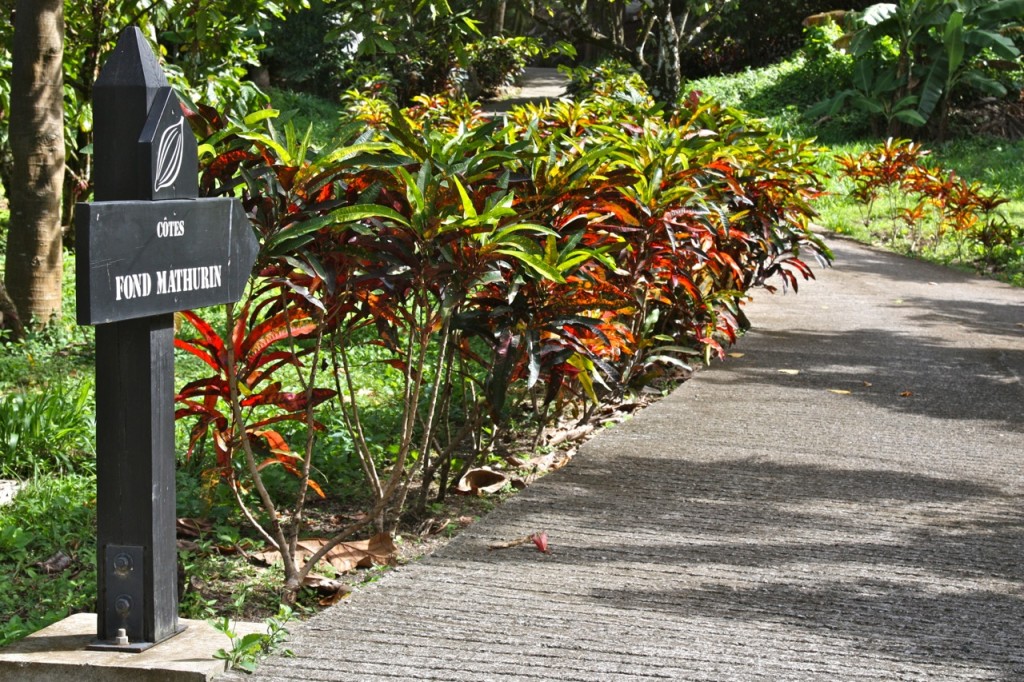
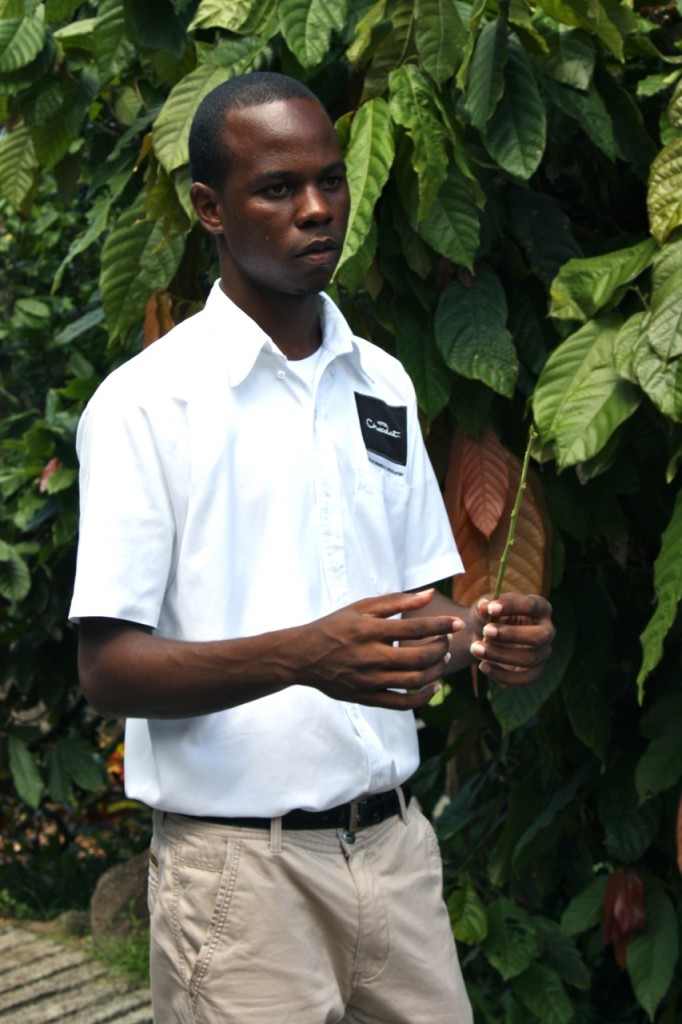
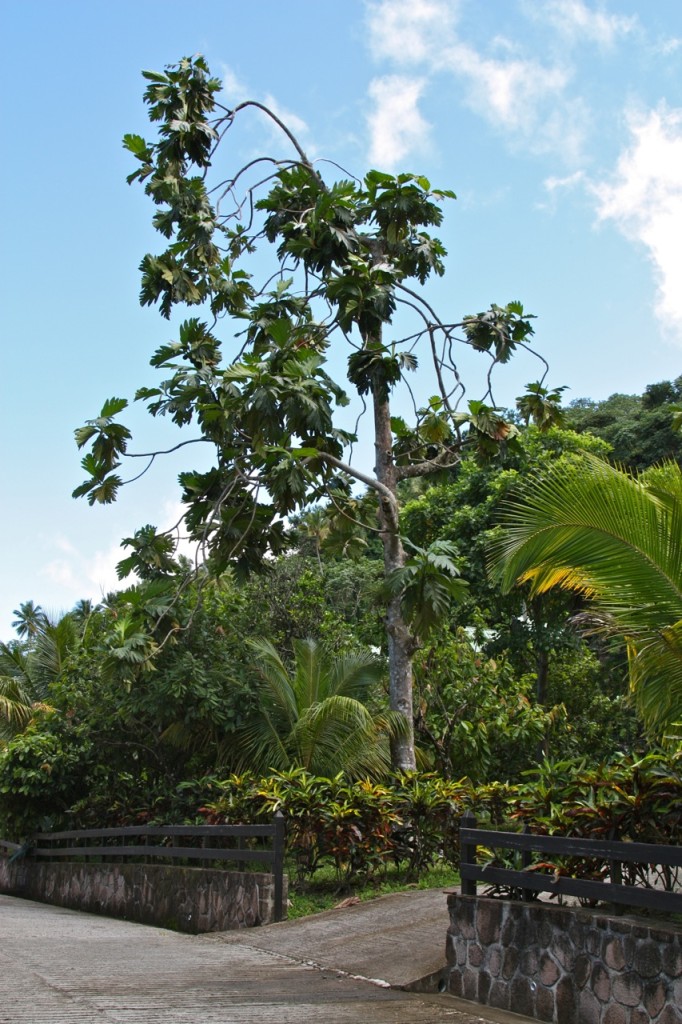
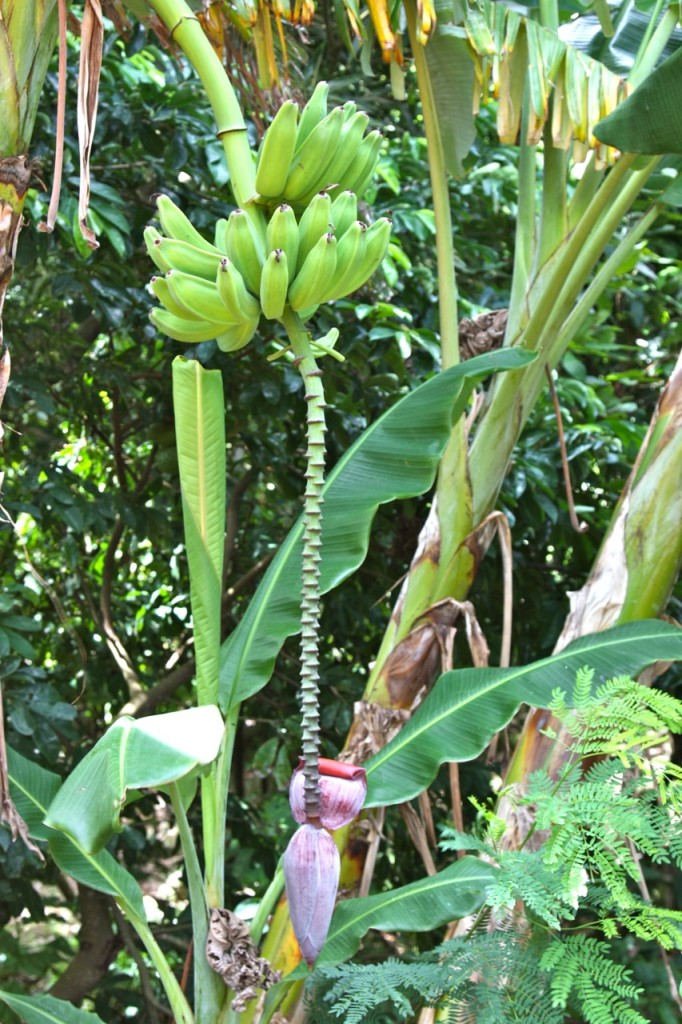
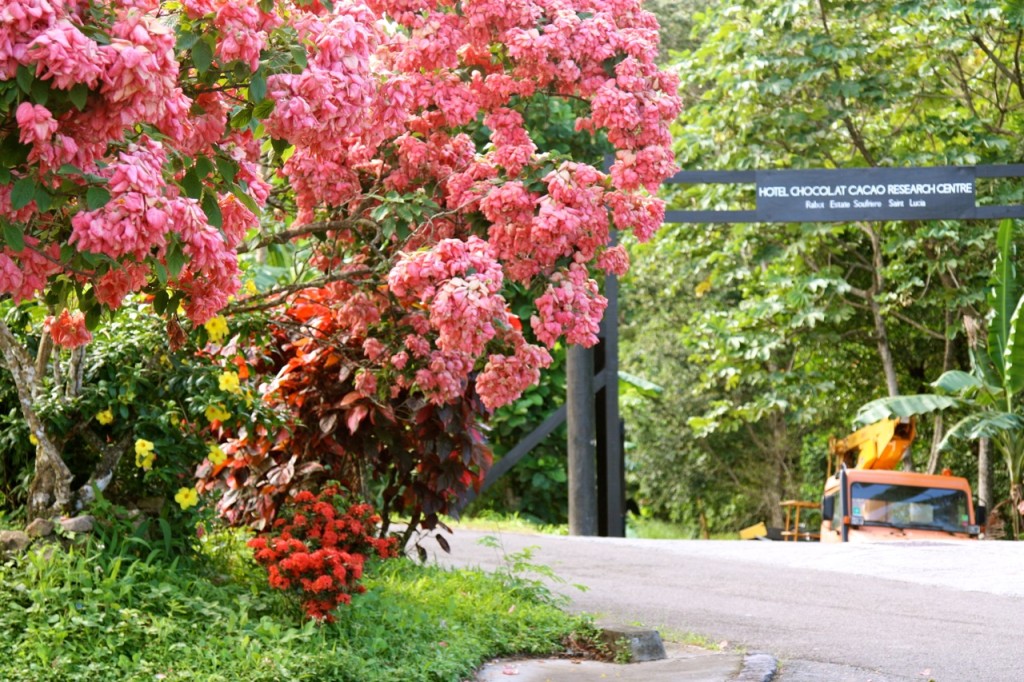
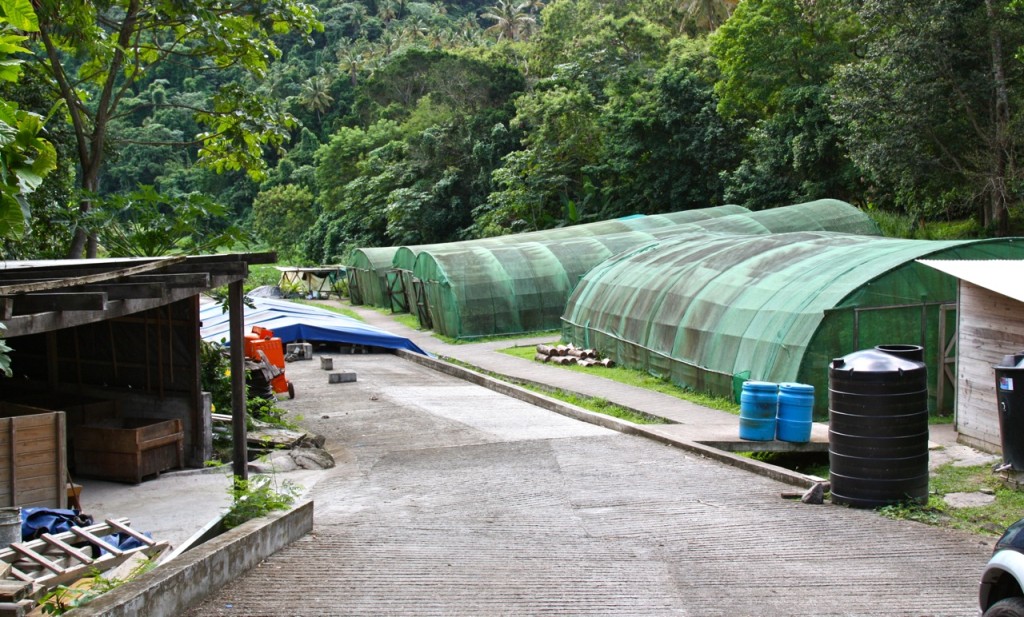
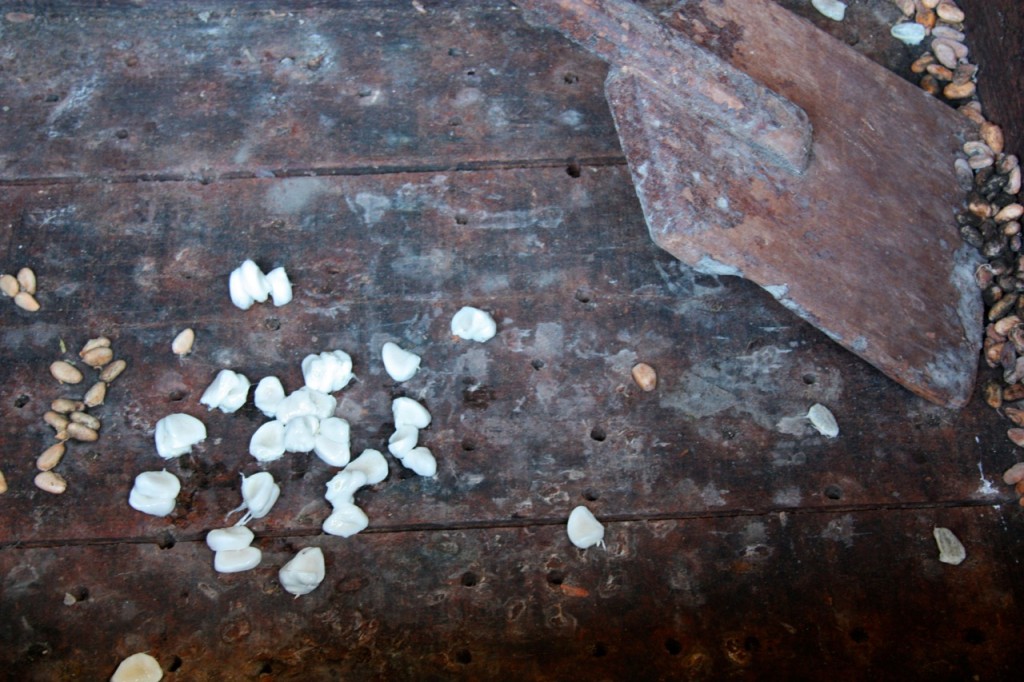
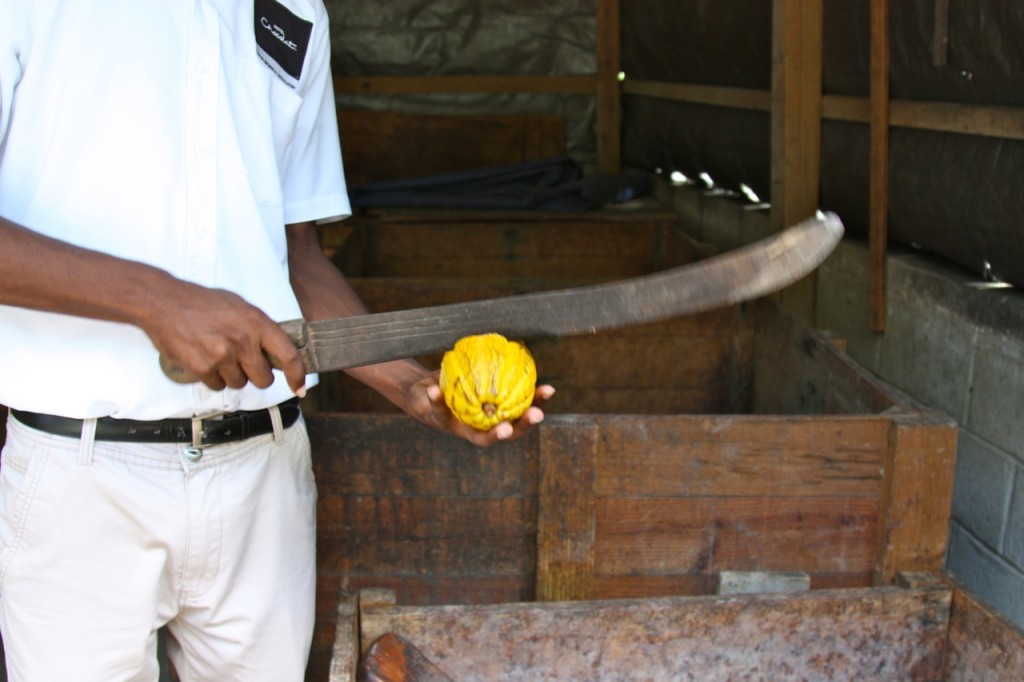
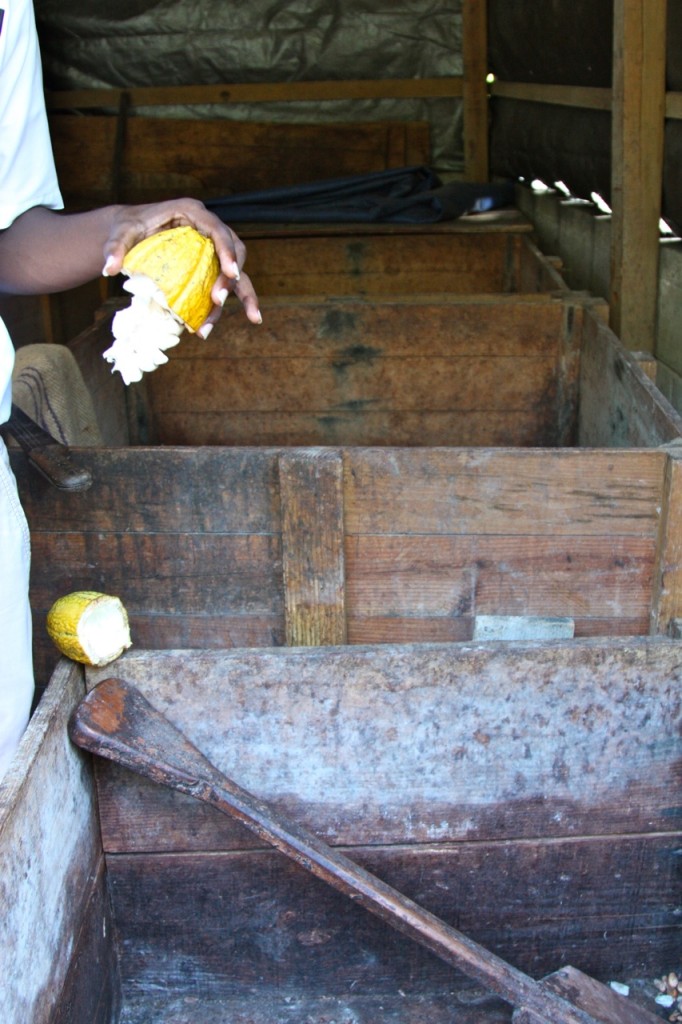
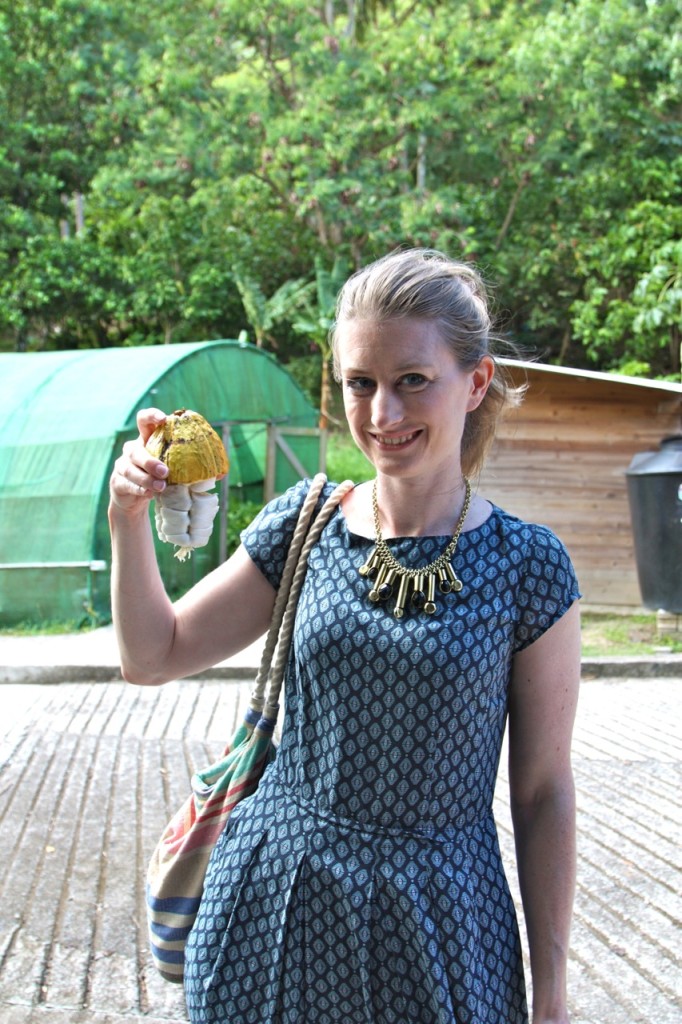
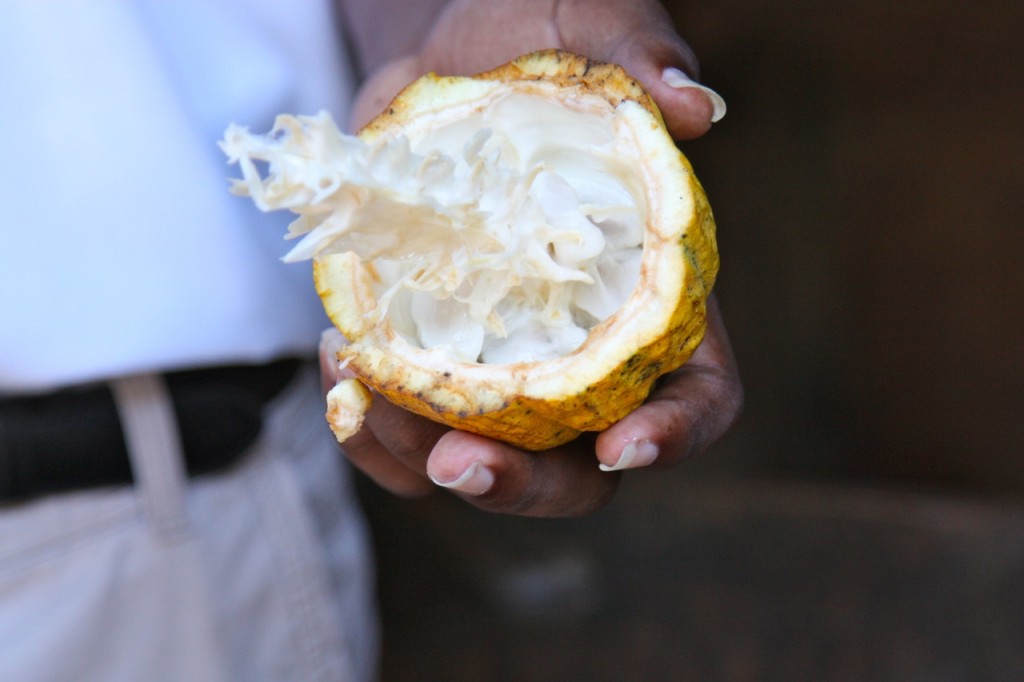
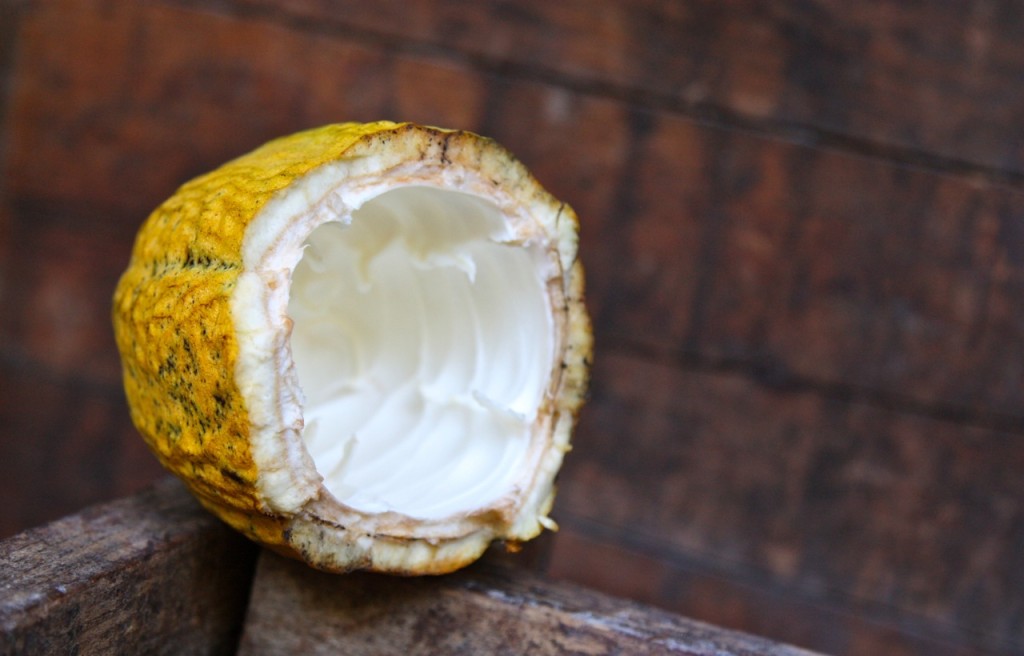
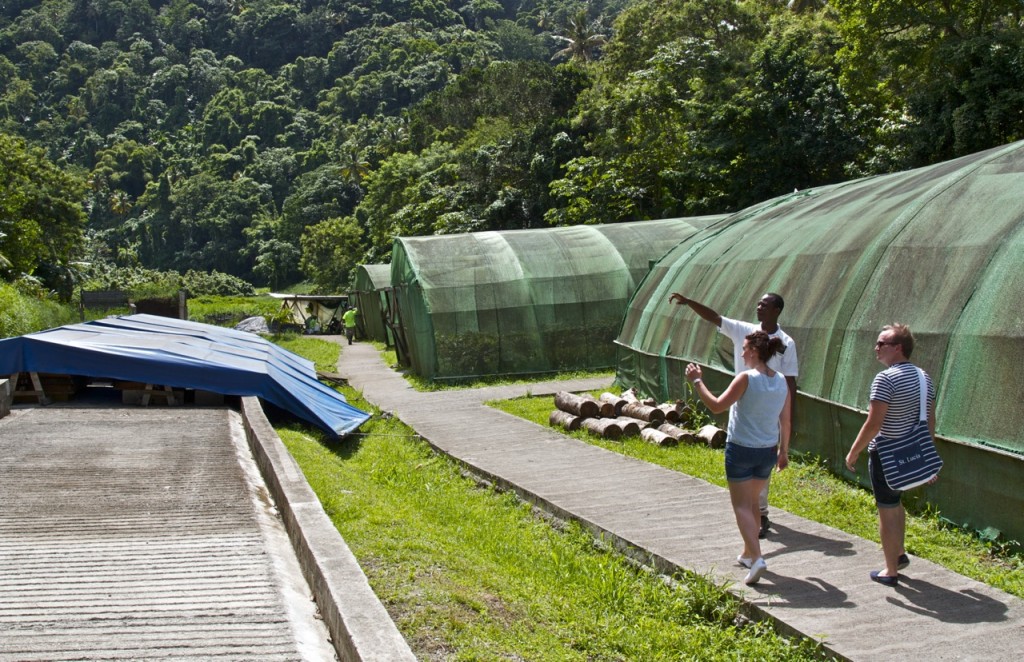
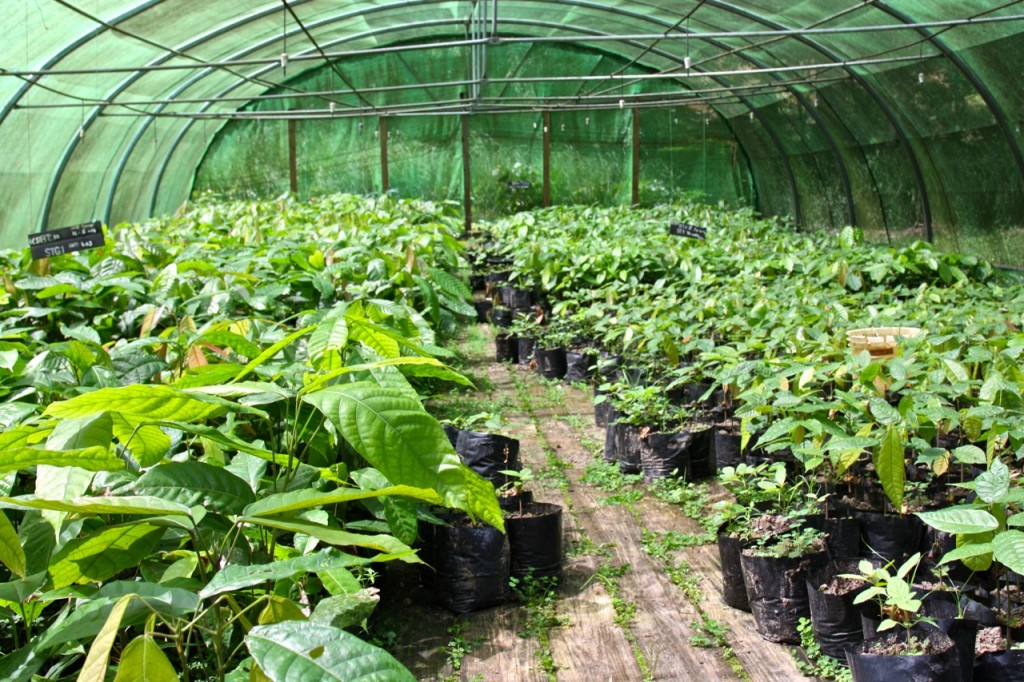
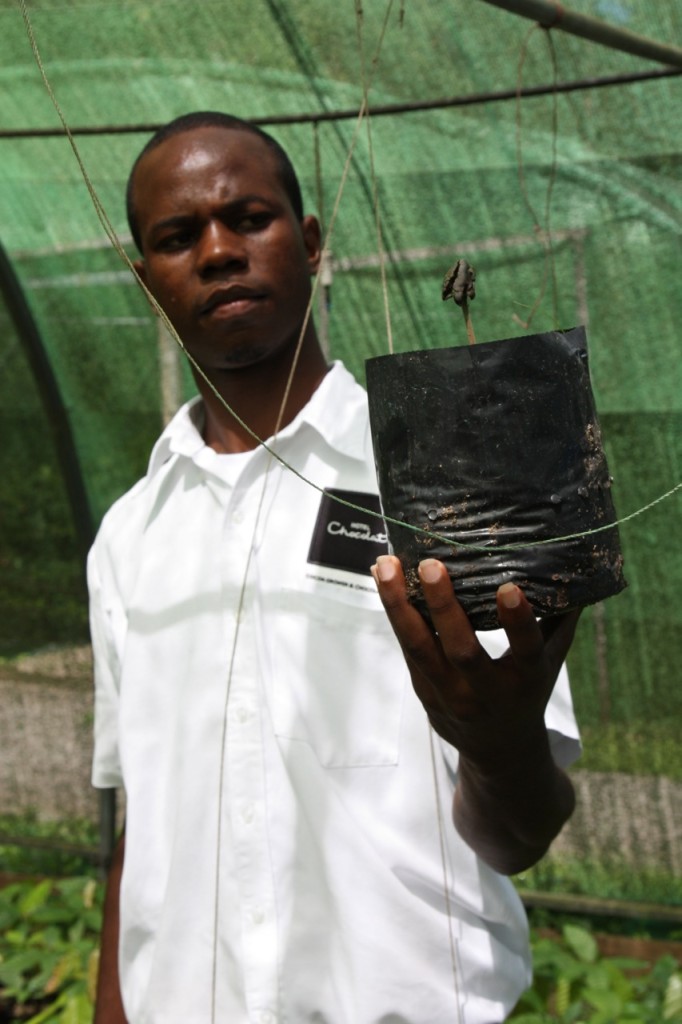
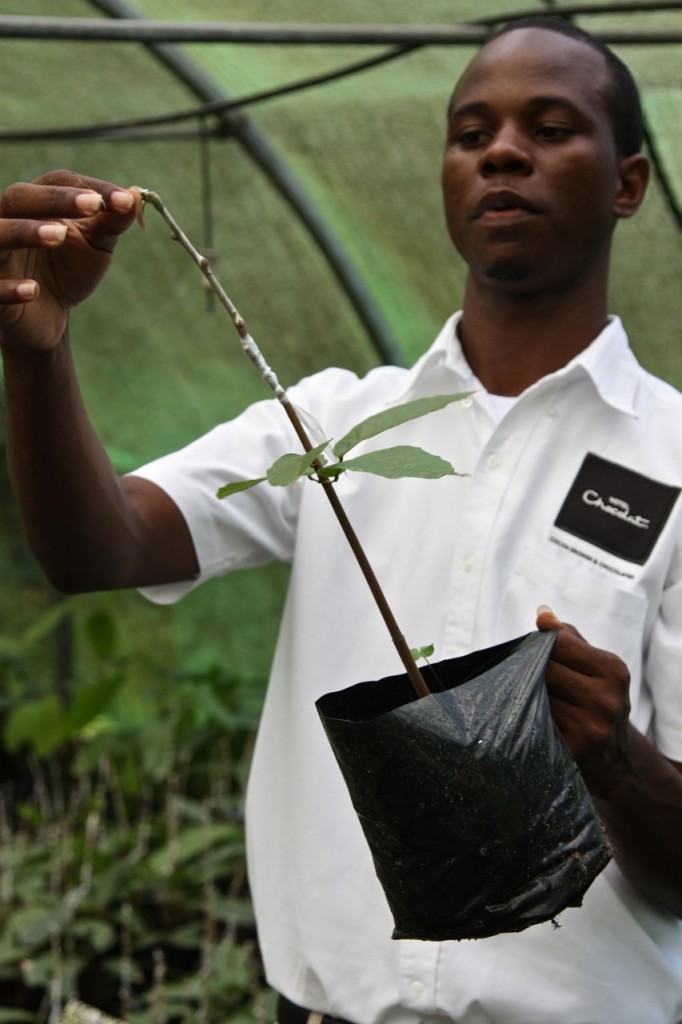
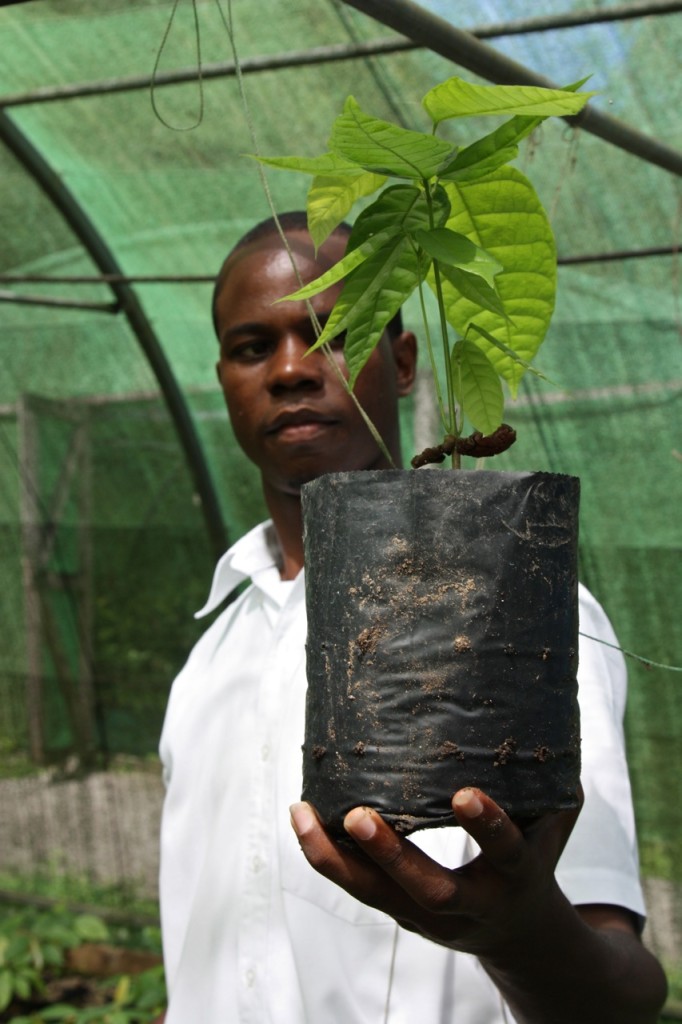
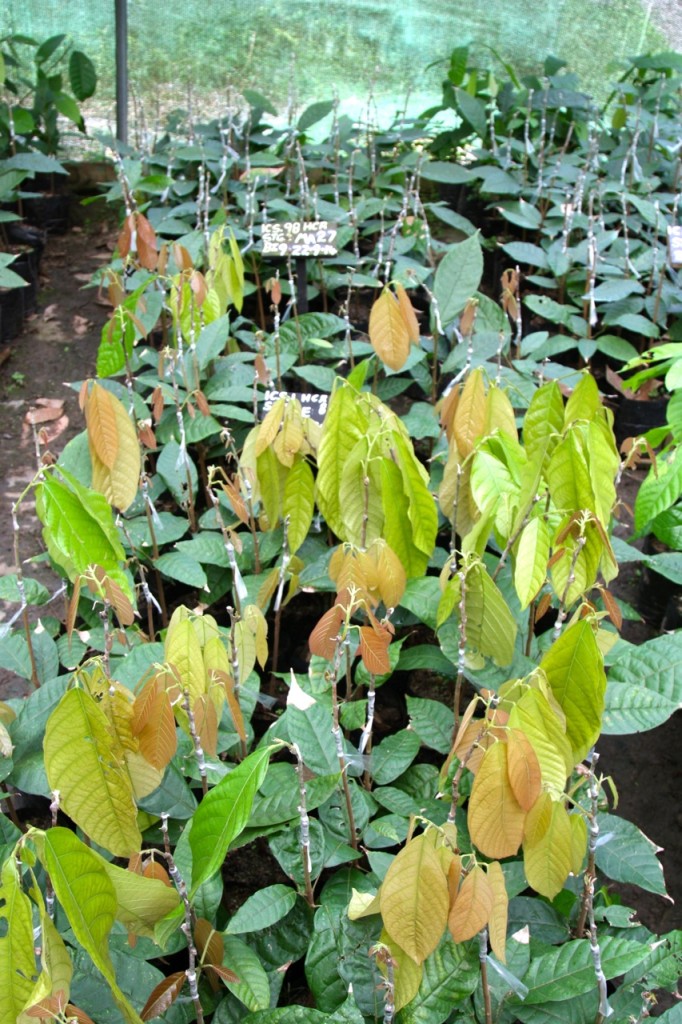
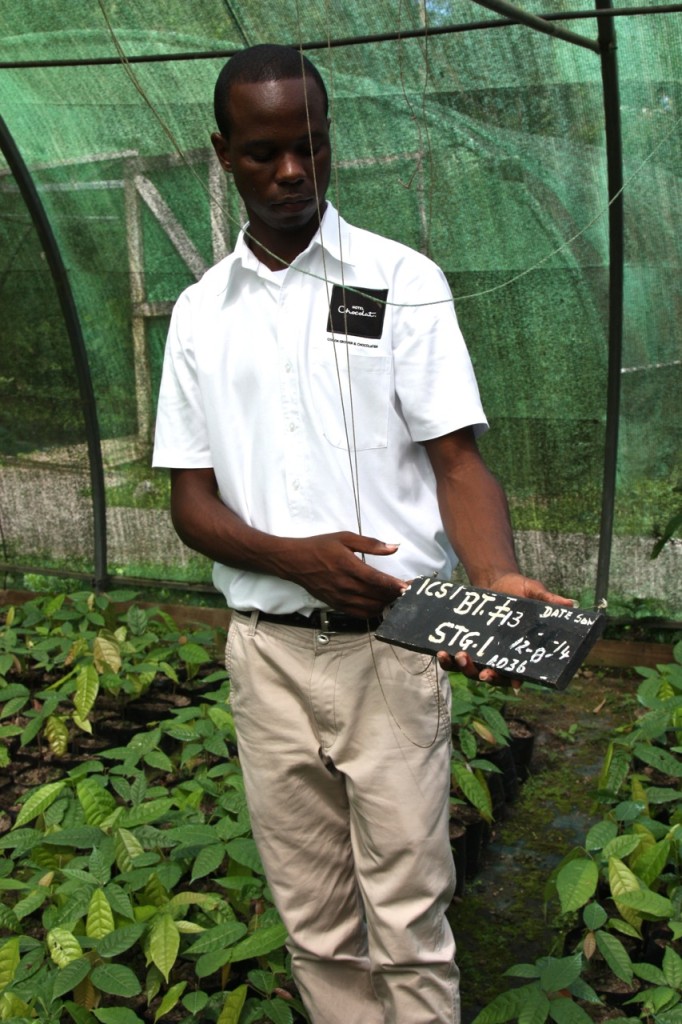
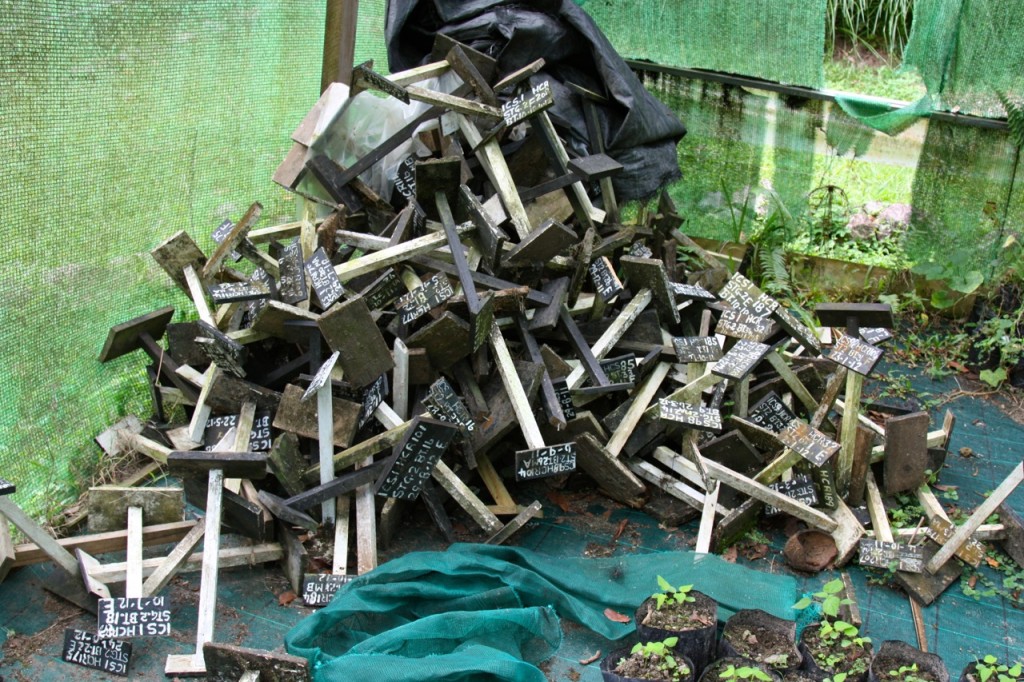
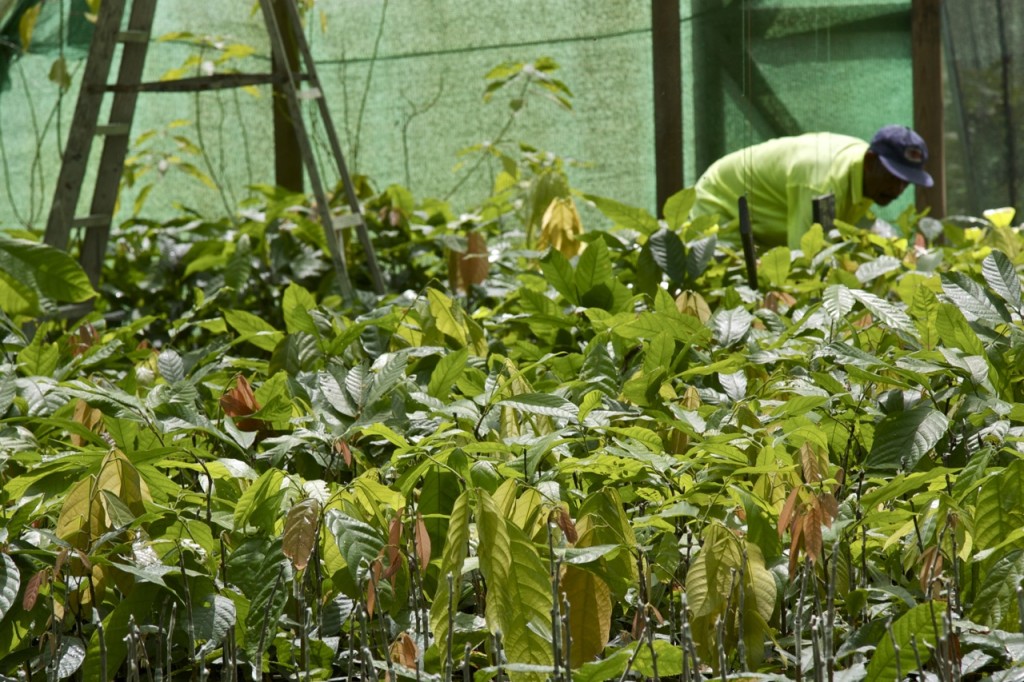
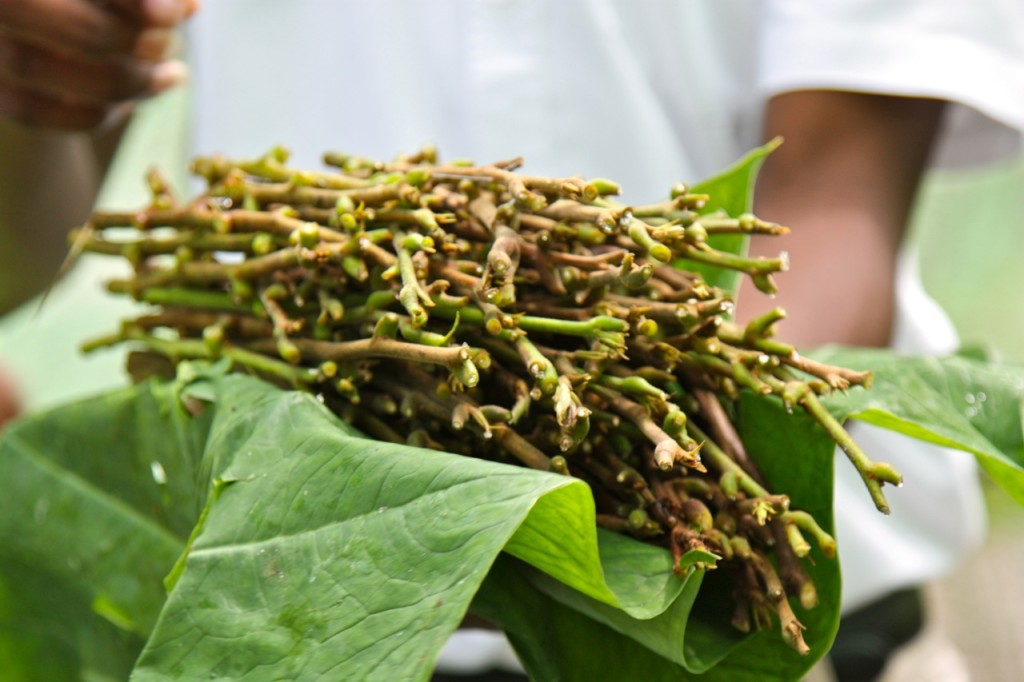
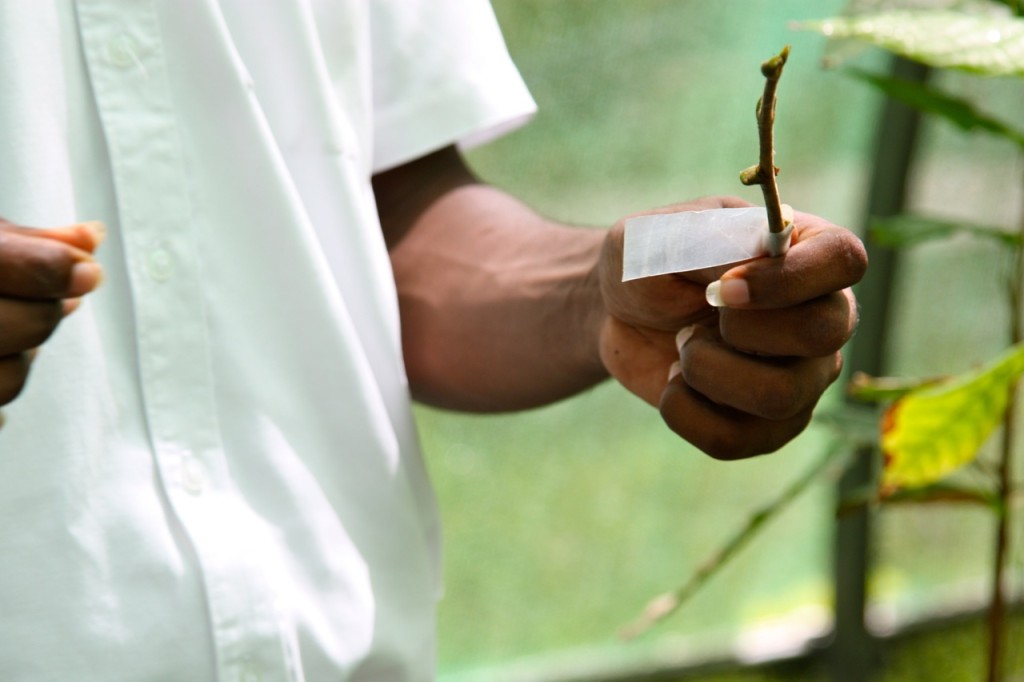
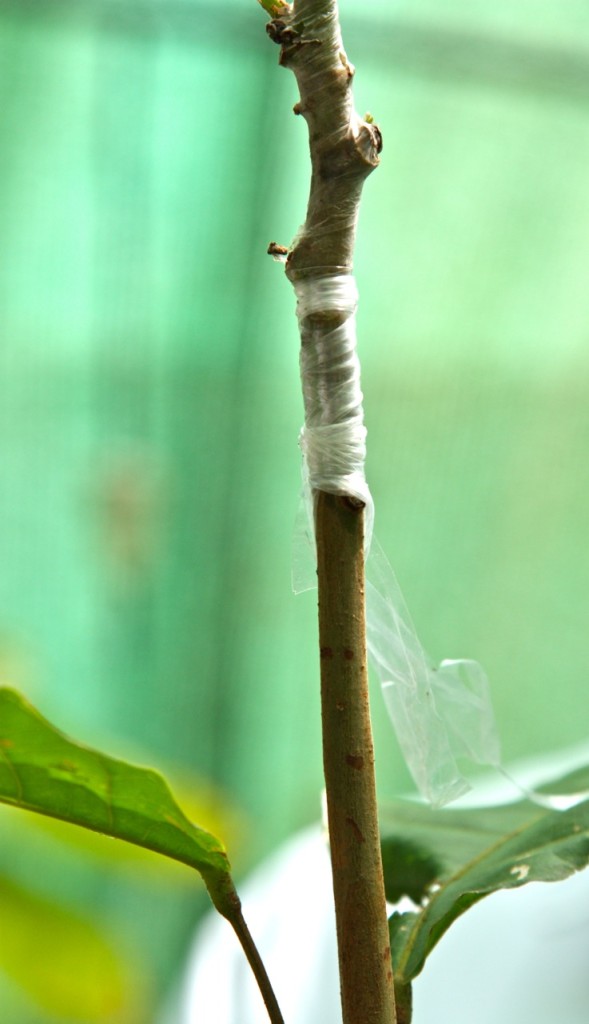
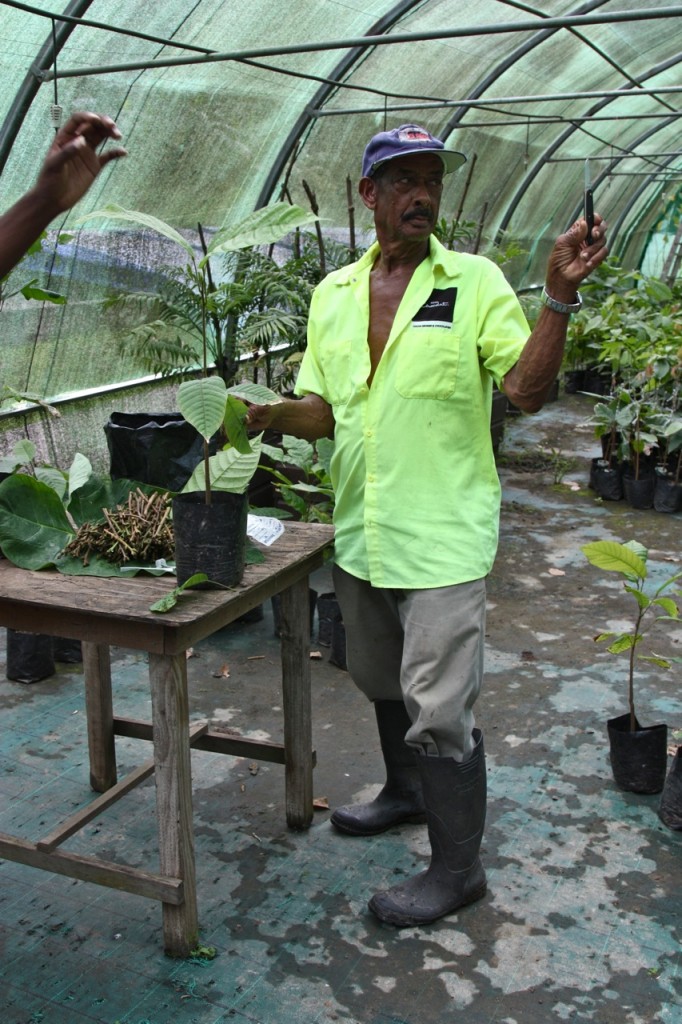
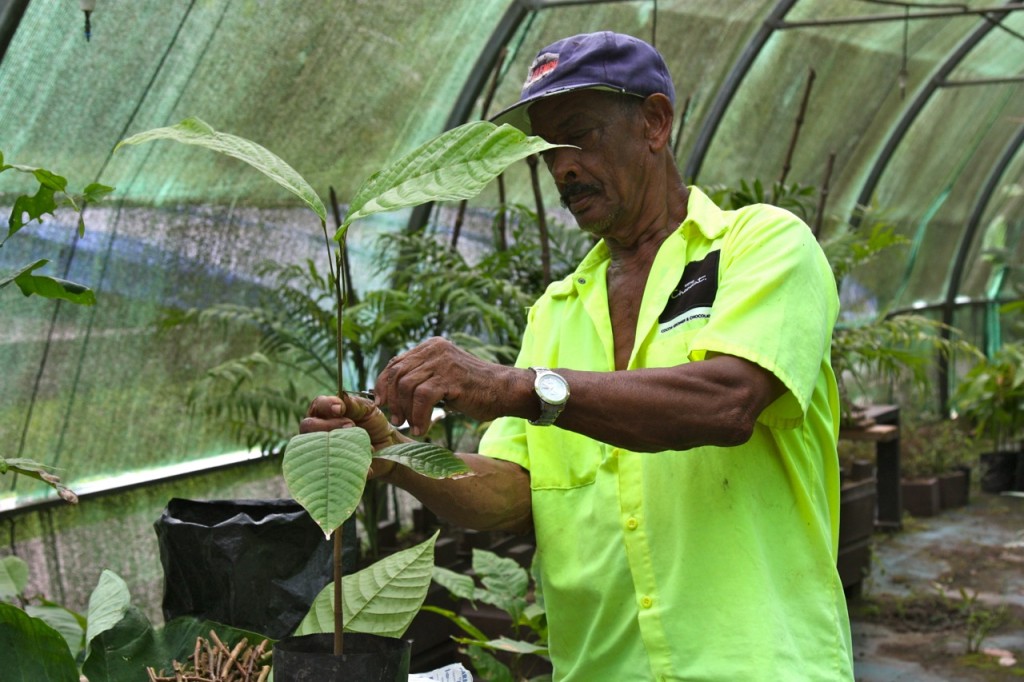
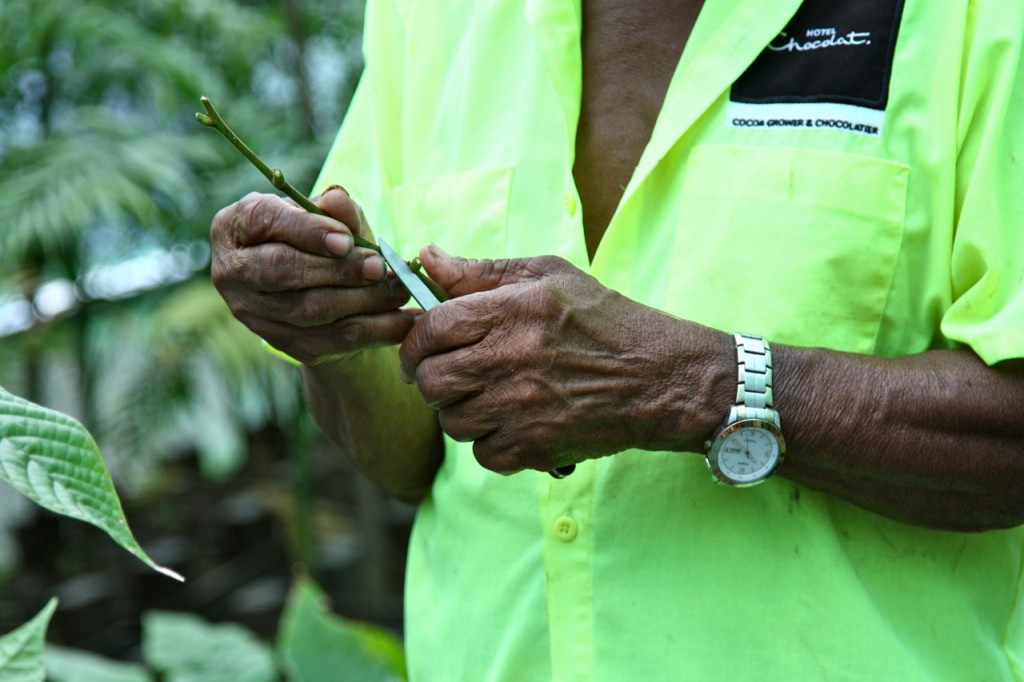
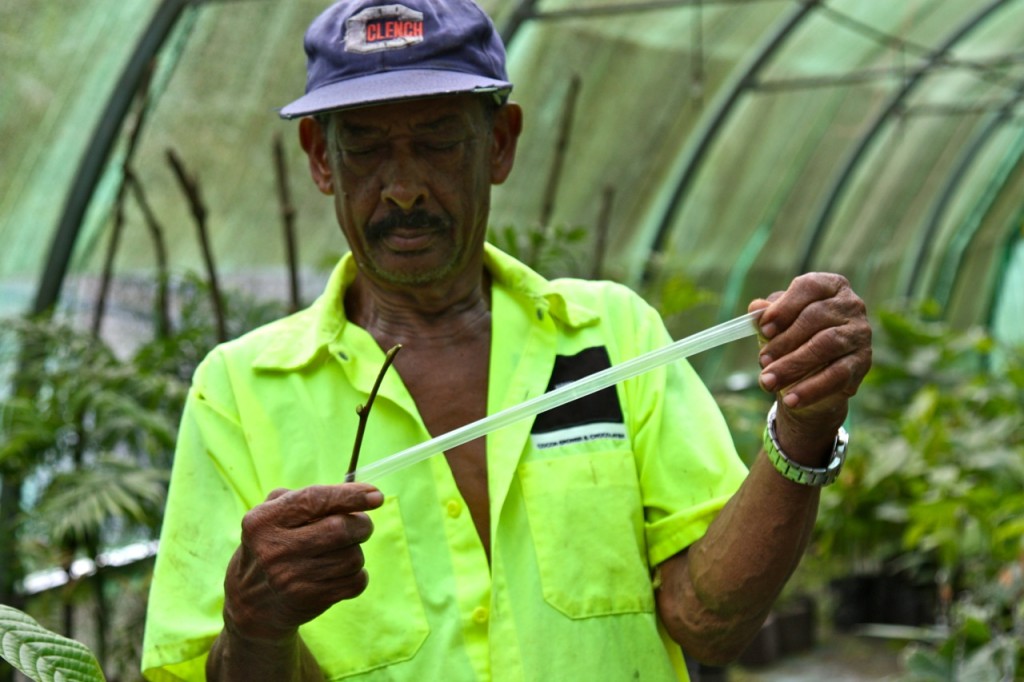
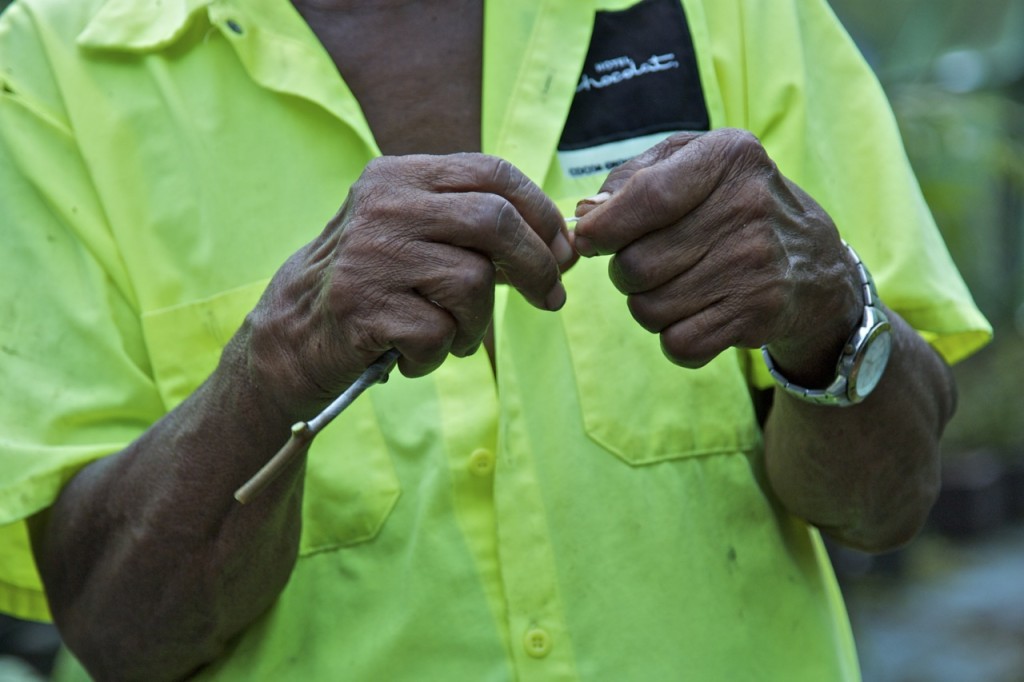
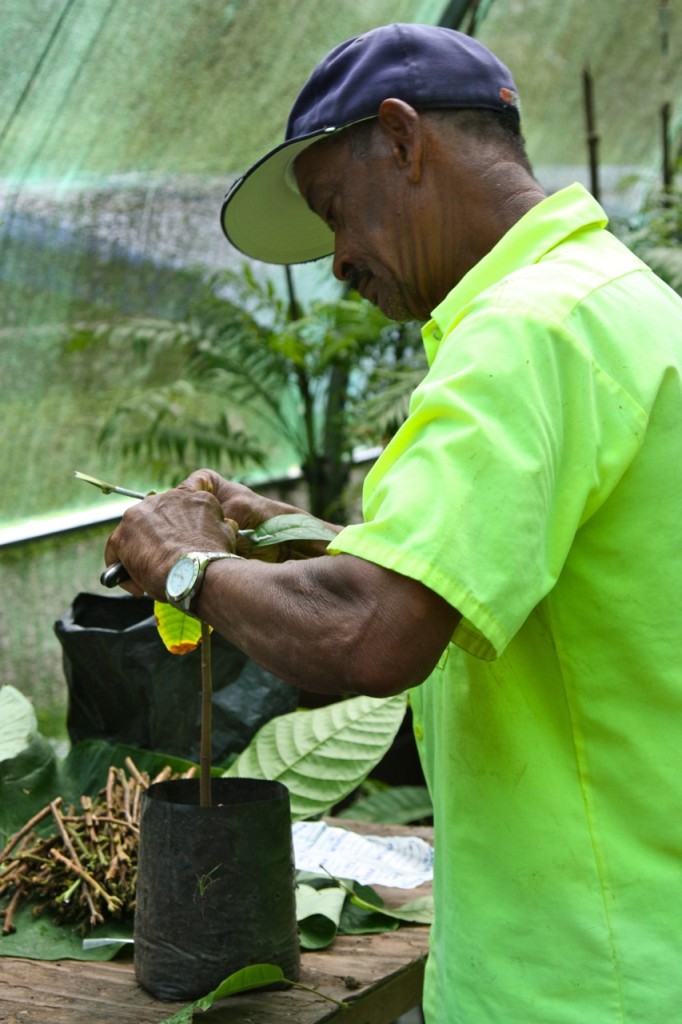
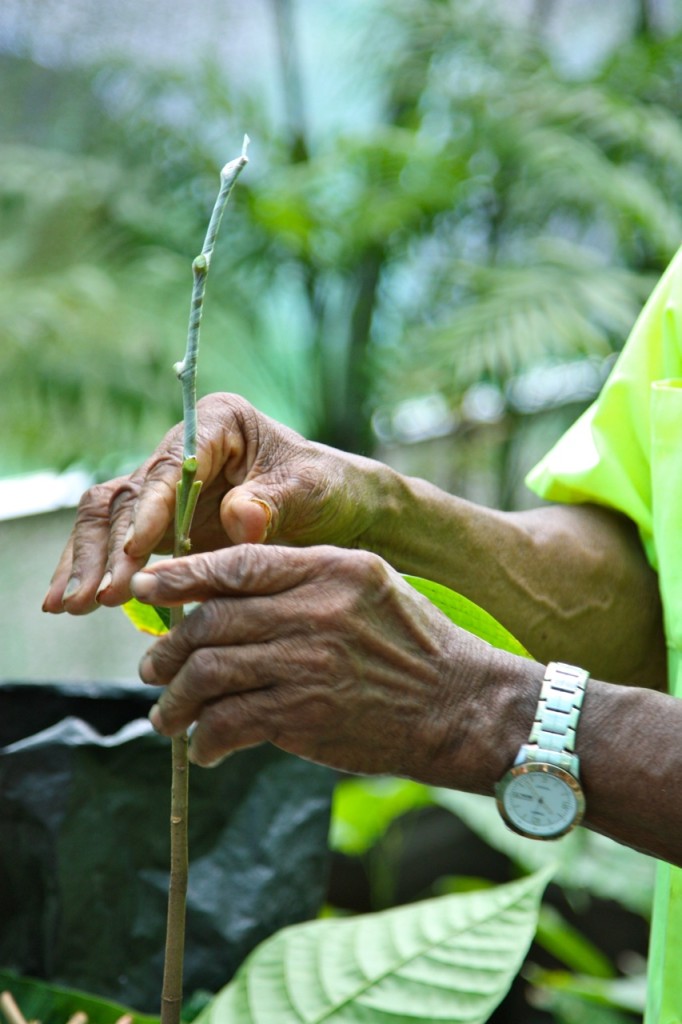
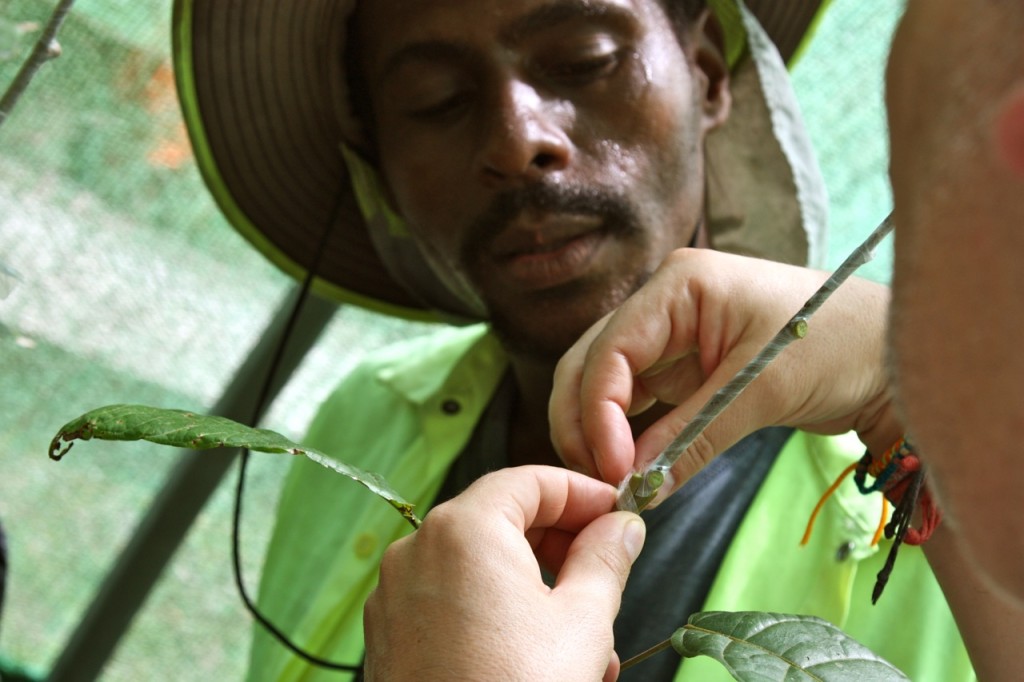
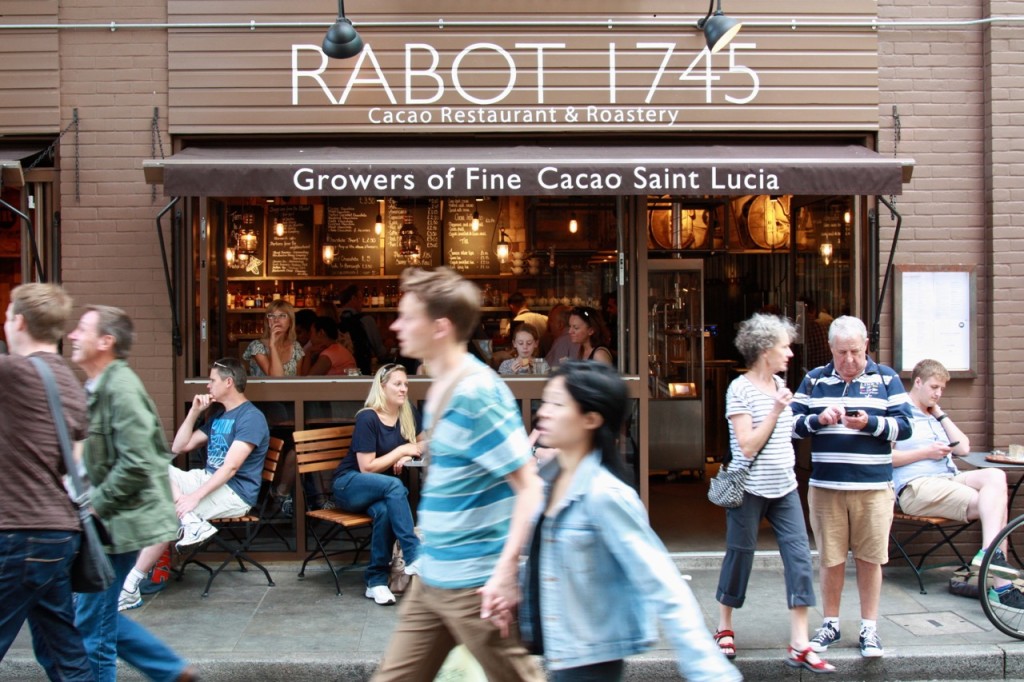
Small yet totally incredible! So cool that you went on the tour, and now I want to fly to Saint Lucia to do the same. Hope you had an amazing weekend, sweetie.
I love learning how things are made! And being a chocolate lover, this would be the ultimate! So cool that you got to graft some plants. You and Jorge need to travel back in a few years and see how well they are doing!
Definitely do if you have the chance once day! I’d love to go back to visit our plants. Hope they are still alive. Haha. One trip I’d love to take is to see the tea plantations in Asia. That would be a dream. xo